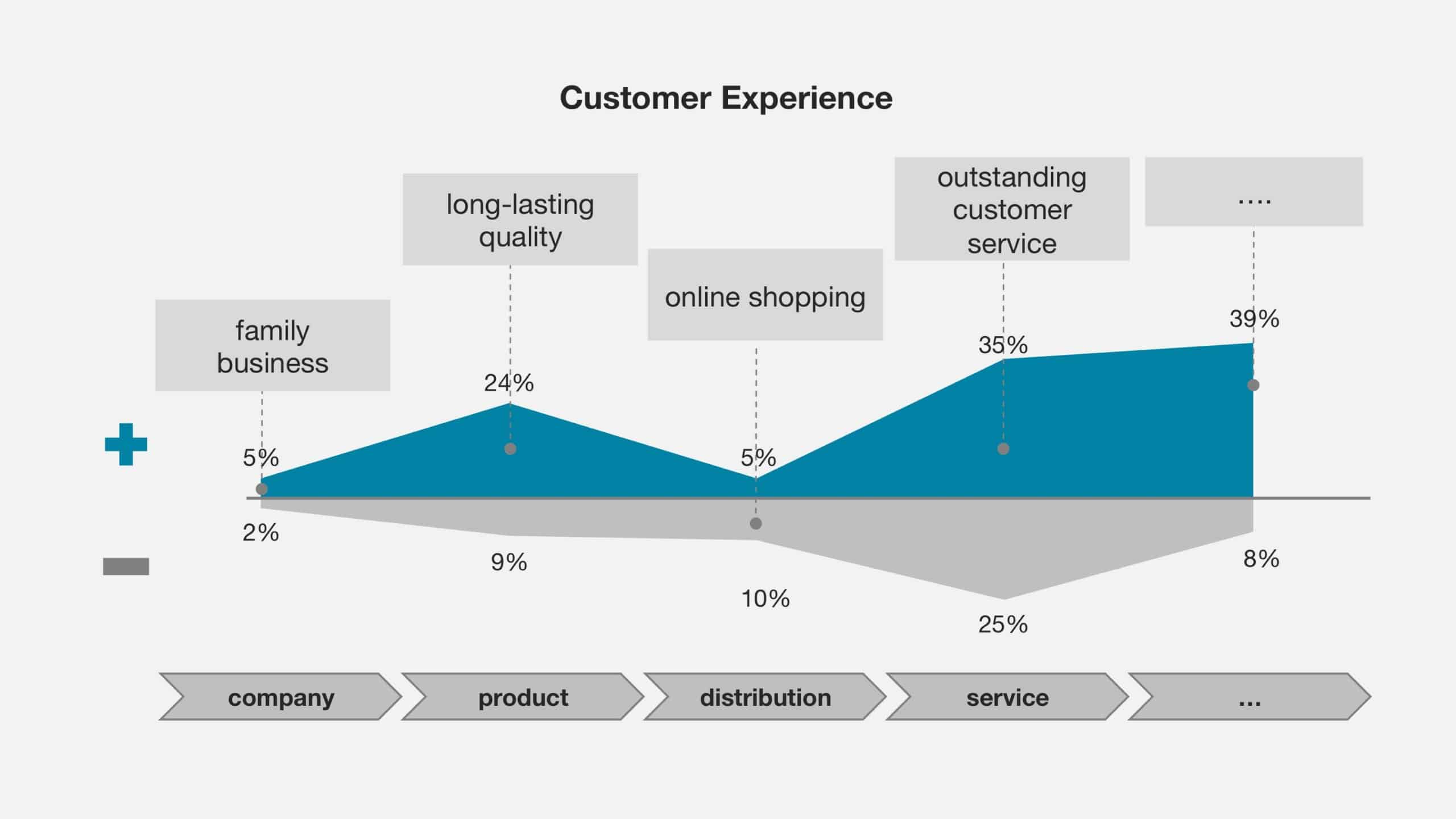MMag. Alexander Corn

Liebherr-Werk Nenzing GmbH

hollu Systemhygiene GmbH

EMPLOYER BRANDING: WELL PREPARED FOR A TURBULENT WINTER SEASON

FROM CATTLE TO BRAND AND BACK AGAIN:

IMARK TURNS 20.
Looking back we can say with confidence that our 20th anniversary celebration on October 01, 2021 was a complete success. This is especially so because many long-standing customers, exciting personalities, and friends celebrated with us in our new office premises at Burggraben 6 in Innsbruck.

HOTEL INDUSTRY: OVER 12 YEARS OF FACT-BASED STRATEGY DEVELOPMENT

OF APPLES AND PEARS …
… and the diffuse use of the term “brand.” What has been lectured, discussed, and speculated about the term “brand” in the last 20 years! A myriad of scientists, consultants, and practitioners have attempted numerous explanations of this term. In many people’s minds, the “brand”




















